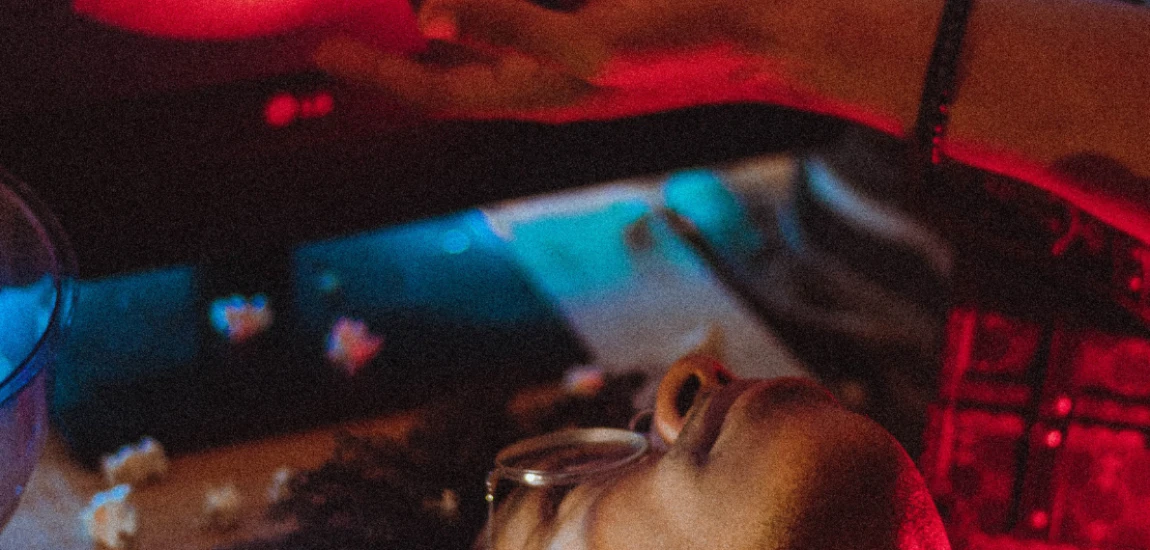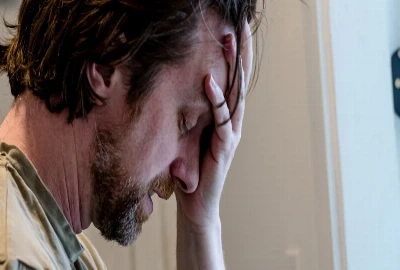Stranger Things: The Musical Isn’t Real—But Why That Makes Total Sense

Since its 2016 debut, Stranger Things has become one of Netflix’s most defining series. Its mix of supernatural horror, 1980s nostalgia, and heartfelt storytelling has made it a cultural force. Beyond just being a TV show, it’s a franchise phenomenon—one that has inspired Halloween costumes, Funko Pops, immersive experiences, and endless fan theories. If you’ve been online in the past few years, you’ve almost certainly encountered references to Eleven, Demogorgons, or that unforgettable “Running Up That Hill” moment.
Given its reach, it feels natural to wonder: why isn’t Stranger Things a musical yet? After all, other properties with equally strong fan bases have jumped from screen to stage. Harry Potter received a stage play, Mean Girls became a Broadway hit, and even unexpected stories like SpongeBob SquarePants got the musical treatment.
And yet, despite viral fan posters and parody videos joking about Stranger Things: The Musical, it remains firmly in the realm of imagination. Unlike many franchises, Netflix hasn’t pursued this direction. On the surface, this may feel like a missed opportunity. But when you look deeper, the absence of a musical makes perfect sense.
This blog explores why Stranger Things hasn’t made the leap to Broadway, what we can learn from other adaptations, how fans have turned the concept into parody gold, and whether a musical might ever work in the future. Understanding this gap not only reveals something about Stranger Things but also about how we consume, remix, and reimagine pop culture in today’s media landscape.
Why Stranger Things Hasn’t Become a Musical
At first glance, Stranger Things: The Musical seems like a no-brainer. It has a devoted fan base, strong visual aesthetics, and a soundtrack dripping with ‘80s nostalgia. On paper, it looks like a Broadway producer’s dream. But there are several reasons why this adaptation hasn’t happened—and why Netflix might be actively avoiding it.
Tone and Genre Clash
The biggest hurdle is tonal. Musicals typically thrive on heightened emotion and spectacle—whether through humor, melodrama, or sweeping ballads. Stranger Things thrives on something else entirely: dread. The eerie atmosphere of Hawkins, Indiana, with its shadowy Upside Down and terrifying Demogorgons, relies on tension and silence just as much as dialogue.
Would a musical number add or subtract from a Demogorgon chase scene? Would audiences laugh instead of scream if Vecna belted out a villain song mid-episode? Horror and musicals can coexist (Little Shop of Horrors proves that), but only when the tone embraces camp. The success of Stranger Things depends on sincerity—its heartfelt friendships, earnest nostalgia, and real stakes. Campy musical numbers would undercut that.
Netflix’s Brand Strategy
There’s also the business side to consider. Unlike Disney, which thrives on cross-platform adaptations, Netflix guards its IP closely. Stranger Things is its crown jewel, and decisions about spin-offs are carefully calculated. Netflix has dabbled in live events, such as Stranger Things: The Experience and even a West End play (Stranger Things: The First Shadow), but those are narrative-driven and immersive, not musical.
By keeping the franchise serious, Netflix protects the emotional credibility of the show. A Broadway musical could be fun, but it risks diluting the brand. With Stranger Things wrapping its main story in its fifth season, the company seems more focused on maintaining its prestige than pushing it toward parody territory.
The Stage Play Already Exists
In 2023, Netflix debuted Stranger Things: The First Shadow, a West End stage play that serves as a prequel to the series. This production highlights how Netflix envisions theatrical adaptations: as extensions of the lore, not reimaginings in a different genre. By opting for a dramatic play over a musical, Netflix showed its priorities—depth and continuity over spectacle.
In short: the absence of Stranger Things: The Musical isn’t an oversight. It’s a deliberate decision that reflects both the challenges of adaptation and Netflix’s strategy to preserve the integrity of its flagship property.

What Other Screen-to-Stage Adaptations Teach Us
To understand why Stranger Things hasn’t become a musical, it helps to look at other screen-to-stage attempts. Some have been roaring successes, while others stumbled spectacularly.
Success Stories
Take SpongeBob SquarePants: The Broadway Musical. On the surface, it sounded absurd. Yet it succeeded by leaning into whimsy and surreal comedy—qualities that translated naturally into musical form. Similarly, Mean Girls worked because its sharp humor and teen drama were well-suited to catchy songs and choreographed numbers. These shows amplified what audiences already loved, and the musical format fit seamlessly.
Disney’s adaptations (The Lion King, Frozen, Aladdin) succeeded for the same reason: the originals were already musicals at heart. Transitioning to stage was more a matter of scale than tone.
Risky Ventures
Contrast that with Carrie: The Musical. The infamous Broadway flop struggled because its dark horror clashed with the expectations of a musical. Audiences didn’t know whether to laugh, cry, or cringe. American Psycho: The Musical faced similar tonal challenges, achieving cult interest but never mainstream success.
These failures underline a critical lesson: not every story thrives when set to music. Some narratives lose their tension, complexity, or emotional resonance when reframed with song.
Lessons for Stranger Things
Applying this to Stranger Things, the show occupies a middle ground that’s difficult to translate. It’s neither campy enough to embrace musical parody nor melodramatic enough to suit sweeping ballads. It’s atmospheric, character-driven, and suspenseful—qualities best suited for drama, not show tunes.

Fan Creativity: When Stranger Things Becomes Musical Anyway
While Netflix may not greenlight a musical, fans certainly have. Across TikTok, YouTube, and Reddit, countless parody videos imagine what Stranger Things: The Musical could look like. Some envision Eleven belting a ballad about Eggo waffles, while others create comedic ensemble numbers about Steve Harrington’s unexpected “babysitter” role.
These fan works thrive because they flip the show’s tone on its head. Turning Vecna’s terrifying presence into a campy villain number is funny precisely because it clashes with the source material. They allow fans to play with the show in ways that official adaptations cannot.
In fact, fan-driven creativity is a hallmark of Stranger Things’ cultural impact. Cosplay, fan fiction, TikTok skits, and parody songs show that the series has transcended being “just a show.” It’s a shared playground for creativity. While an official musical may not exist, the idea of one has become its own kind of cultural artifact—an inside joke fans understand and contribute to.
And maybe that’s the beauty of it. Netflix doesn’t have to commission a Broadway production when fans are already creating mini-musicals in their living rooms. These playful tributes keep the fandom alive, bridging the gap between horror and humor in ways that feel authentic and grassroots.

Could Stranger Things Ever Work as a Musical?
The short answer: maybe—but it wouldn’t look like the series we know.
One possible approach is parody. Evil Dead: The Musical turned gore into comedy gold, and Heathers: The Musical transformed a dark teen satire into a cult hit. If Stranger Things leaned into its campier aspects—Steve’s hair, Dustin’s one-liners, or the over-the-top 1980s references—it could succeed as a comedic stage parody.
Another option is a jukebox-style musical built around its iconic soundtrack. Songs like Kate Bush’s “Running Up That Hill” and The Clash’s “Should I Stay or Should I Go” are already baked into the series’ DNA. A stage concert blending the Stranger Things aesthetic with live performances of ‘80s hits could work as a hybrid experience, more like Rock of Ages than traditional Broadway fare.
Still, both options would reframe the story rather than adapt it directly. They would be fun, but they wouldn’t deliver the same eerie suspense that makes Stranger Things unique. And for Netflix, that’s a trade-off they may never want to make.





